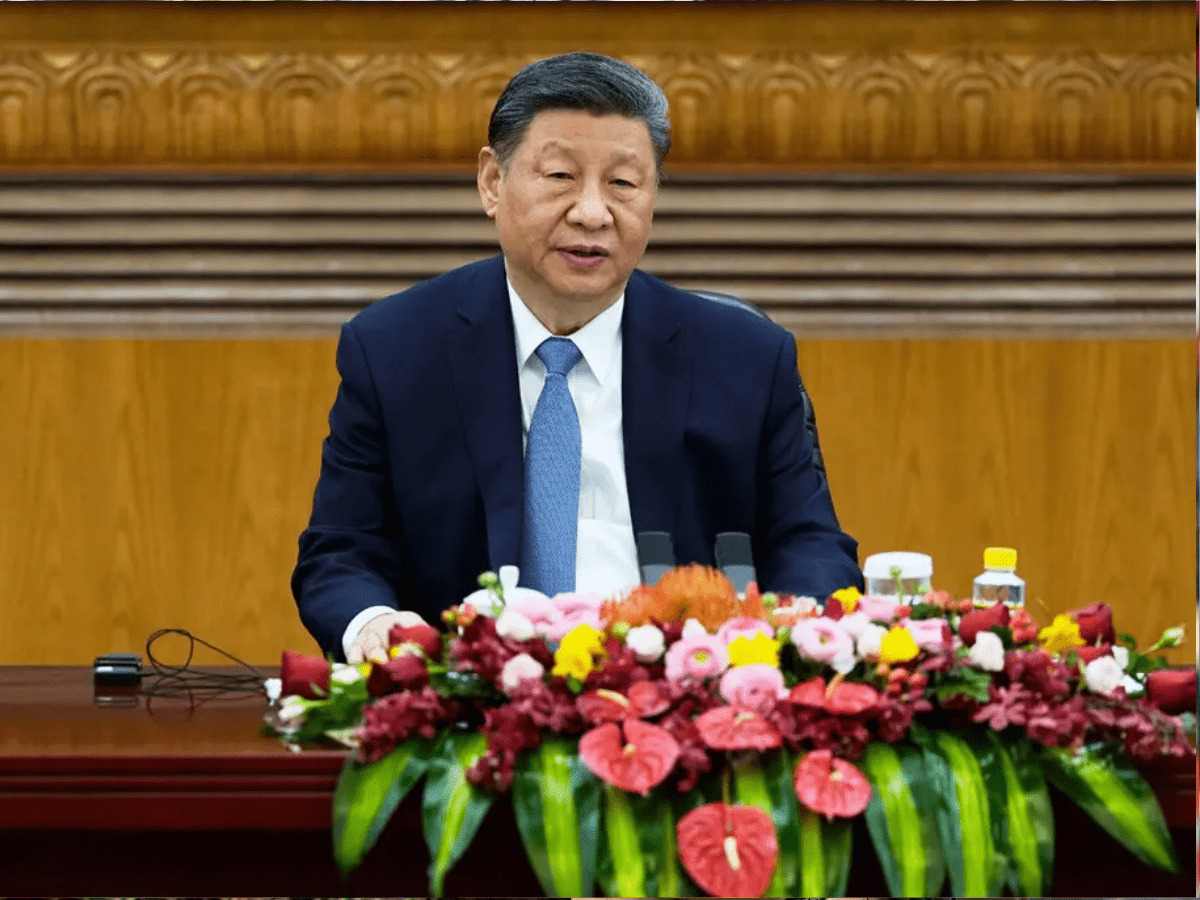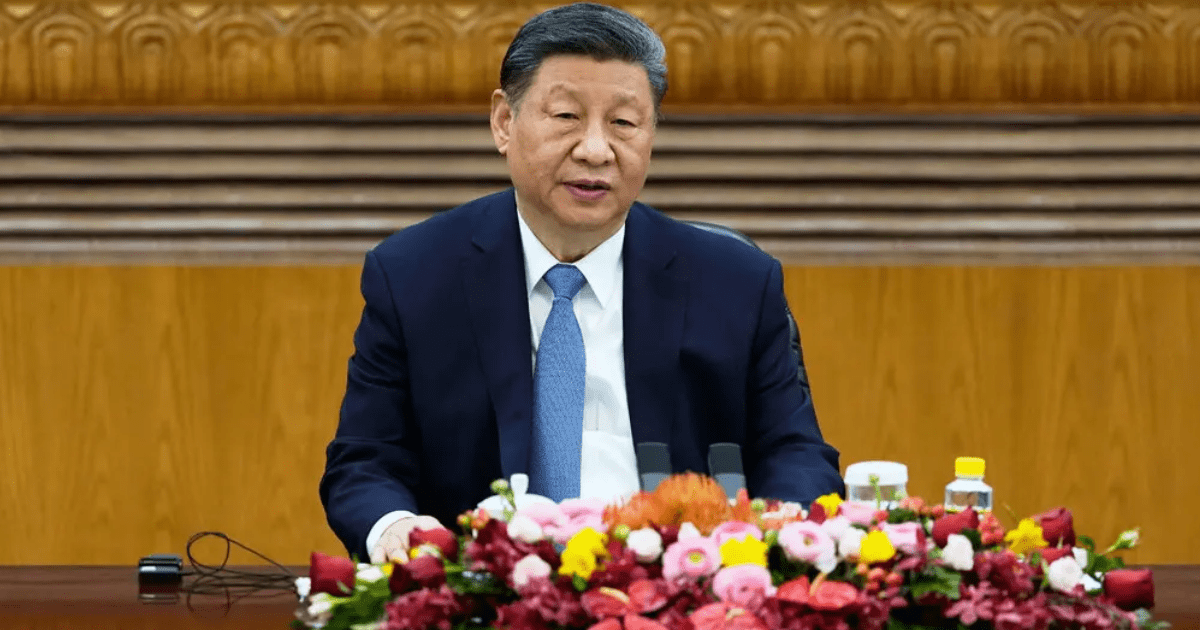U.S-China trade war: stirs concerns during Xi’s visit


U.S.-China trade war tensions continue to rise, forcing South Asian nations into a diplomatic balancing act. China’s President Xi Jinping launched a charm offensive with a visit to Vietnam, Malaysia, and Cambodia. His goal is clear: strengthen regional ties amid mounting U.S. tariffs.
U.S-China trade war:Southeast Asia Faces Mounting Pressure
While some countries welcome deeper ties with China, others remain cautious. Their economies depend on both U.S. and Chinese markets. As a result, they must balance political neutrality with economic pragmatism. The unpredictability of U.S. policies under Trump adds another layer of uncertainty.
https://whatshappening.pk/atif-aslam-live-performance-sparks-fan-sing-along/
U.S-China trade war:Xi’s Strategic Push into the Region
Xi’s tour began in Vietnam and will conclude in Cambodia. He aims to secure economic deals, including Chinese-funded railway projects. With over 40 agreements expected, China seeks to portray itself as a dependable partner. Comparatively, the U.S. appears inconsistent due to fluctuating tariffs.
China’s Economic Influence Continues to Expand
For more than a decade, China has extended its trade footprint in Southeast Asia. Vietnam relies heavily on Chinese raw materials, especially in the garment industry. Between 60% and 90% of inputs for Vietnamese exports come from China.
Regional Nations Face Tariff Risks
Due to the U.S.-China trade war, countries like Vietnam and Cambodia risk being caught in tariff crossfire. Trump has already imposed steep tariffs, though paused for 90 days. However, cheap Chinese goods could now overflow Southeast Asian markets, threatening local industries.
U.S.-China Trade War Sparks Regional Fears
The trade war consequences extend beyond direct combatants. Southeast Asian leaders fear economic instability. Dumping of Chinese goods is one major concern. Governments may introduce measures to protect their local markets from being overwhelmed.
Seeking Balance Between Superpowers
Although partnerships with China are economically beneficial, appearing too close may backfire. For example, Vietnam fears it may lose leverage in tariff talks with the U.S. if it leans too publicly towards China.
Malaysia Stresses Neutrality Amid Trade War
Malaysian Prime Minister Anwar Ibrahim emphasized neutrality. At a recent summit, he acknowledged China’s importance but avoided favoring any side. Most countries now aim to extract economic benefits from both superpowers.
Security Issues Add Complexity to Diplomacy
Beyond economics, security issues remain unresolved. China recently rebuilt Cambodia’s naval base, enhancing its strategic presence. Simultaneously, territorial disputes with Vietnam and Malaysia intensify. Beijing’s aggressive maritime behavior has sparked regional tensions.
U.S.-China trade war pressures Southeast Asia to tread carefully. The region must manage economic needs while maintaining diplomatic flexibility. Xi Jinping’s visit may yield new deals, but deeper questions about regional stability remain. Ultimately, nations in Southeast Asia must protect their interests without compromising sovereignty.
STAY UPDATED WITH THE LATEST NEWS. FOLLOW US ON OUR SOCIAL MEDIA CHANNELS:
INSTAGRAM: https://www.instagram.com/whatshappening.pk








Pakistani Killings in Iran: PM Shehbaz Demands Swift Action - What's Happening.pk
13th Apr 2025[…] https://whatshappening.pk/u-s-china-trade-war-stirs-concerns-during-xis-visit/ […]
Laurine Hassen
14th Apr 2025whoah this blog is wonderful i like studying your articles. Stay up the good paintings! You already know, many people are searching around for this info, you could help them greatly.